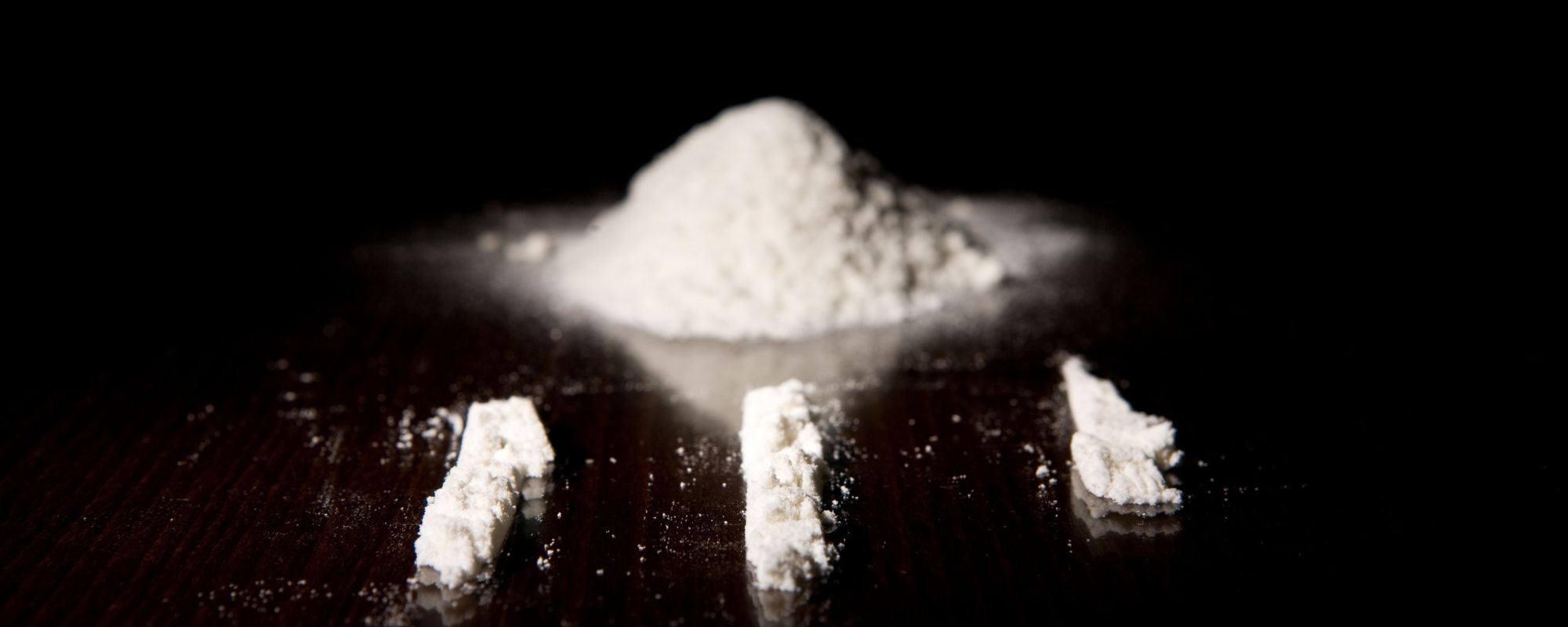For those who struggle with addiction, the thought of seeking counseling for substance abuse can be intimidating. In particular, they may have questions about how long this process can last.
If you are wondering how long counseling for drugs can take, the experts at Spokane Heights Detox can help. We work with you to build a treatment plan that meets your specific care needs.
What Is Substance Abuse Counseling?
Substance abuse counseling is a therapeutic process that helps individuals struggling with addiction. Therapy helps them develop coping mechanisms and improve their understanding of their addiction.
This provides them with the tools and support they need to work towards lasting recovery. Counselors provide a safe and supportive environment. Here, clients can explore their thoughts, feelings, and behaviors related to their substance use.
What Does a Substance Abuse Counselor Do?
A substance abuse counselor plays a crucial role in helping individuals struggling with addiction achieve lasting recovery. Their responsibilities typically include:
- Assessment: These help therapists understand their clients. This might include asking about their addiction history, mental health, and social support system.
- Therapy: This can include therapeutic techniques, such as cognitive-behavioral therapy (CBT), motivational enhancement therapy (MET), and family therapy.
- Support: Counselors provide emotional support and encouragement throughout the recovery process. This helps clients navigate challenges and setbacks.
- Education: Therapists provide information about addiction, treatment options, and relapse prevention strategies.
- Referral services: Counselors may refer clients to additional resources. This can include support groups, detox facilities, or medication-assisted treatment programs.
- Group counseling: Group therapy sessions provide a supportive environment for clients. Here, they can share their experiences and learn from one another.
- Documentation: Maintaining accurate and detailed records of client sessions, progress, and treatment plans.
By providing a safe and supportive environment, substance abuse counselors help clients develop the skills and tools necessary to overcome addiction and live a healthier, more fulfilling life.
What Substances Can Counseling Treat?
Substance abuse counseling can help individuals struggling with addiction to a wide range of substances. Some of the most common addictions that can be treated with counseling include:
- Alcohol addiction
- Opioid addiction
- Benzodiazepine addiction
- Stimulant addiction
Alcohol
Counseling for alcohol is a crucial component of overcoming this addiction. It provides a safe and supportive space for those struggling with alcohol abuse.
There are several therapies that can be effective in treating alcohol addiction. A combination of behavioral and holistic therapies often works best for determining the root cause of the addiction.
Opioids
Opioid addiction is a serious disease, and counseling is often a cornerstone of its treatment. An addiction to opioids can develop whether someone is using these drugs recreationally or with a valid prescription.
Understanding how this abuse started and why it is so hard to stop can help individuals take the proper steps to recovery. Behavioral and holistic therapies can be a great help for those being treated for opioid addiction.
Benzodiazepines
Counseling plays a vital role in overcoming benzodiazepine addiction. Benzodiazepines are often used to treat issues like anxiety and panic disorders.
Counseling can help individuals deal with these issues without medication. It can also help them to maintain their recovery in the long term and avoid relapse.
Stimulants
Counseling can be crucial for those struggling with stimulant addiction. Stimulants have a high potential for abuse, as well as a significant risk of adverse side effects.
Therapy can help individuals understand these risks and develop healthy coping mechanisms. This can be essential for their ability to maintain sobriety.
Reach Out for Help With Drug Addiction
Are you struggling with substance abuse?
Royal Life Centers at Spokane Heights is here to help you recover. Because we care.
Does Substance Abuse Counseling Take a Long Time?
If you are wondering how long addiction treatment is, there is no set answer to this particular question. The length of substance abuse counseling can vary depending on individual circumstances.
This includes the severity of the addiction, the person’s commitment to recovery, and the specific approach used. Some people may see significant progress in a relatively short period. Others, however, may require more extended therapy sessions.
It is important to understand that this is not a race. The goal is to provide the necessary support and guidance to help clients achieve lasting recovery. It is perfectly normal to spend an extended amount of time in counseling.
Initial Consultation for Substance Abuse
At Spokane Heights, your initial consultation is a crucial step in the journey to recovery from substance abuse. It is an opportunity for us to assess your needs.
We will ask you a series of questions to understand your situation. Once we have this information, we can develop a personalized treatment plan that caters specifically to you.
Detox for Substance Abuse
Detoxification, or detox, is the initial phase of recovery from substance abuse. It involves medically supervised withdrawal from an abused substance.
This helps you manage symptoms and minimize risks associated with abrupt cessation. At Spokane Heights, our detox program focuses on making the early stages of your recovery as comfortable as possible.
Residential Treatment for Substance Abuse
Residential treatment is a comprehensive program. This level of care provides a structured living environment and intensive therapy. This type of treatment is often recommended for those with severe addictions or who need a high level of support.
Outpatient Treatment for Substance Abuse
Outpatient treatment is a more flexible form of substance abuse therapy. This allows individuals to continue living at home while receiving professional care.
Outpatient care is often suitable for those with less severe addictions or who have a strong support system. It can also serve as a step-down form of care for those who have completed residential treatment.
Aftercare for Substance Abuse
Aftercare refers to ongoing support services provided to individuals who have completed substance abuse treatment. It is often beneficial in helping individuals maintain sobriety and prevent relapse.
What Does a Substance Abuse Counselor Do?
A substance abuse counselor plays a crucial role in helping individuals struggling with addiction achieve lasting recovery. They have several responsibilities as treatment providers.
These individuals are the ones who conduct client assessments, provide emotional support, educate their clients, and even provide referral services for individuals who require more extensive help.
Individualized Treatment Plans
Individualized treatment plans are essential in addressing the unique needs and challenges of each person struggling with substance abuse. These plans are tailored to the specific circumstances of the individual.
They take into account several factors that can contribute to the person’s addiction. This includes the severity of the addiction, the type of substance used, co-occurring mental health disorders, and personal preferences.
Case Managers vs. Therapists
While both case managers and therapists work in the field of mental health and addiction, their roles and responsibilities differ. Case managers are typically involved in coordinating and overseeing various aspects of a client’s care.
Their primary responsibilities include:
- Assessment: Evaluating a client’s needs and circumstances.
- Planning: Developing individualized treatment plans.
- Coordination: Connecting clients with necessary resources, such as therapists, support groups, or housing.
- Monitoring: Tracking progress and making adjustments to the treatment plan as needed.
- Advocacy: Representing clients’ interests and advocating for their needs.
Therapists are mental health professionals who provide direct clinical services to clients. Their primary responsibilities include:
- Counseling: Providing individual, group, or family therapy sessions.
- Assessment: Diagnosing mental health conditions.
- Intervention: Implementing therapeutic techniques to address clients’ emotional and psychological needs.
- Education: Providing information and education about mental health and coping strategies.
The Dangers of Substance Abuse
Substance abuse can have severe and long-lasting consequences. These can affect not only the individual but their loved ones as well. Understanding the risks associated with addiction can help you make the decision to seek the help you need.
Physical Dangers of Substance Abuse
There are several short and long-term physical health risks associated with substance abuse. Some of the most common include:
- Organ damage: Prolonged substance abuse can damage organs. This includes the liver, heart, lungs, and brain.
- Increased risk of diseases: Substance abuse can increase the risk of contracting infectious diseases. For example, HIV and hepatitis can be transferred through contaminated drug paraphernalia.
- Overdose: Overdosing on substances can be fatal. In some cases, an overdose can occur with just one use and can have lasting consequences.
- Physical dependence: Many substances can lead to physical dependence. This can make it difficult to stop using without experiencing withdrawal symptoms.
Mental and Emotional Dangers of Substance Abuse
In addition to the physical risks of addiction, substance abuse can be very detrimental to your mental well-being as well. Some of the biggest mental and emotional dangers of substance abuse include:
- Depression and anxiety: Substance abuse can exacerbate or trigger mental health conditions like depression and anxiety.
- Psychosis: Some substances, such as heavy alcohol use or stimulant abuse, can induce psychotic symptoms.
- Cognitive impairment: Prolonged substance abuse can impair memory, learning, and decision-making abilities.
Find Help for Substance Abuse
If you are struggling with substance abuse, it is important to know that there is help available. Spokane Heights offers comprehensive and personalized addiction treatment services.
Our top priority is your well-being. That is why we work with you to build a personalized treatment plan that caters to each of your personal care needs.
Substance Abuse Treatment Programs
There are various types of substance abuse treatment programs available to help individuals overcome addiction. The most common types include:
- Residential treatment: Provides a structured living environment with 24-hour supervision and intensive therapy.
- Detoxification: Medically supervised withdrawal from a substance to manage symptoms and prevent complications.
- Intensive outpatient programs (IOPs): Provide structured therapy sessions several times a week. Allows individuals to live at home during treatment.
- Standard outpatient programs: Offer less intensive therapy sessions. These typically occur once or twice a week.
- Partial hospitalization programs (PHPs): Provide daytime treatment for individuals who require a higher level of care than outpatient programs but do not need 24-hour supervision.
Recovery Support Groups
In addition to our comprehensive continuum of care, Spokane Heights in Washington State also helps our clients find recovery support groups. These can provide a necessary sense of comradery and peer support during the recovery process.
This includes 12-step programs, such as Alcoholics Anonymous (AA) and Narcotics Anonymous (NA). Non-12-step support groups, such as SMART Recovery and Refuge Recovery, can also be valuable resources.
If you are considering addiction counseling, we are here to help. Our admissions experts can help answer all your treatment questions. We can walk you through the counseling process and get you started on the road to recovery as soon as possible.



















